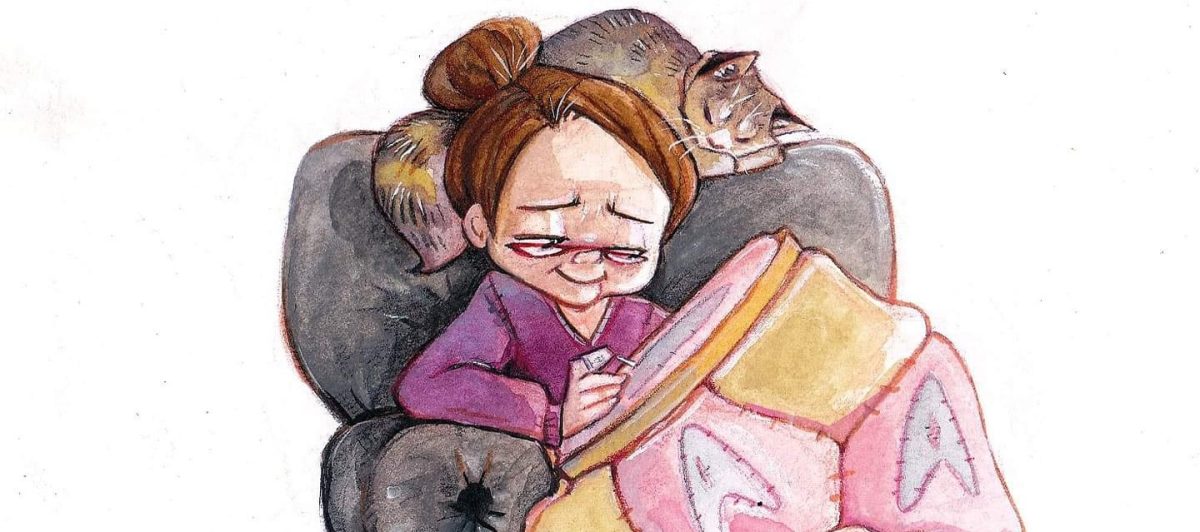The Bargain Bin was a chilling corner of the Commodity Trade Center, tucked away from the polished veneer of the main exhibit. Here, the children were far from the eye-catching display pieces. They were the throw-a-ways, the forgotten, the physically and mentally imperfect.
One of them was a girl who had suffered an accident at a textile plant, leaving her disfigured and scarred. The authorities had permitted her to keep a teddy bear for comfort as she sat on a cold bench, waiting for whatever fate awaited her.
The bargain bins held children bundled together, their individual worth diminished by their perceived imperfections. Instead of being sold separately, they were destined for a range of grim fates—organ farming, drug testing, and jobs considered too hazardous for the adult population.
Day after day, the bargain bin children received an endless stream of onlookers. Wooden benches surrounded by a glass enclosure offered them no place to hide. They were physically and mentally broken commodities, waiting for the end of the day and the undisclosed horrors that would follow. The curious gawked and pointed at their misfortune, treating them like mere objects of fascination.
Behind closed doors, potential buyers negotiated among themselves, haggling over the price of these children’s lives as if they were nothing more than commodities to be traded.
Child welfare advocates took to the streets, their voices raised in protest. They proclaimed that the government treated wounded animals more humanely than these commodity children. It was a stark and sobering truth—the government had maintained a blind eye to the suffering of these children, turning a deaf ear to the cries for help. Money played a significant role in ensuring that legislation to save these children was never passed.
In the heart of this chilling reality, the girl with the teddy bear sat silently, her disfigurement a stark reminder of a world that had lost its humanity. She, like so many others, was trapped in a system that valued profit over compassion, where children were reduced to mere objects of trade, and their voices were silenced by the deafening clatter of commerce.
